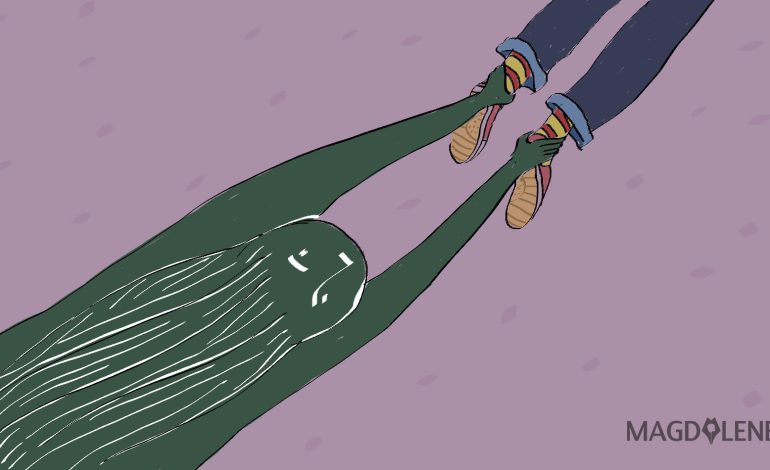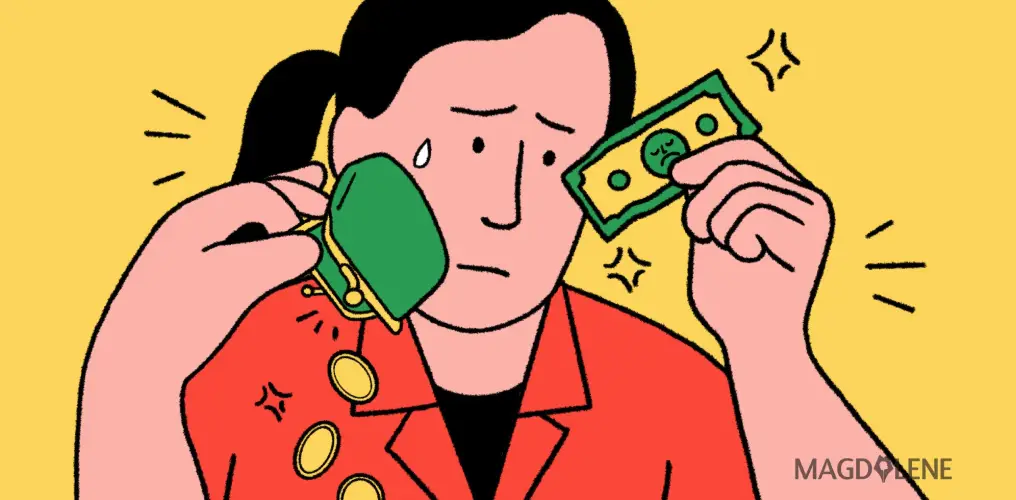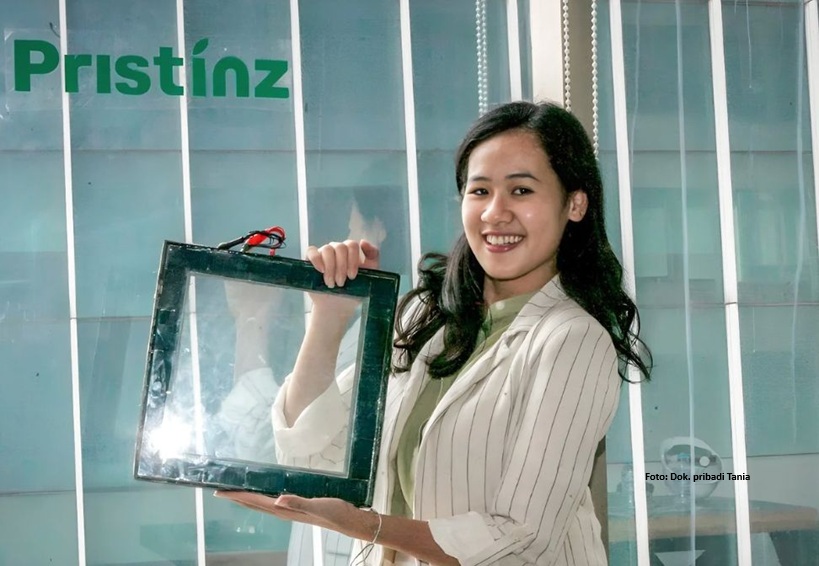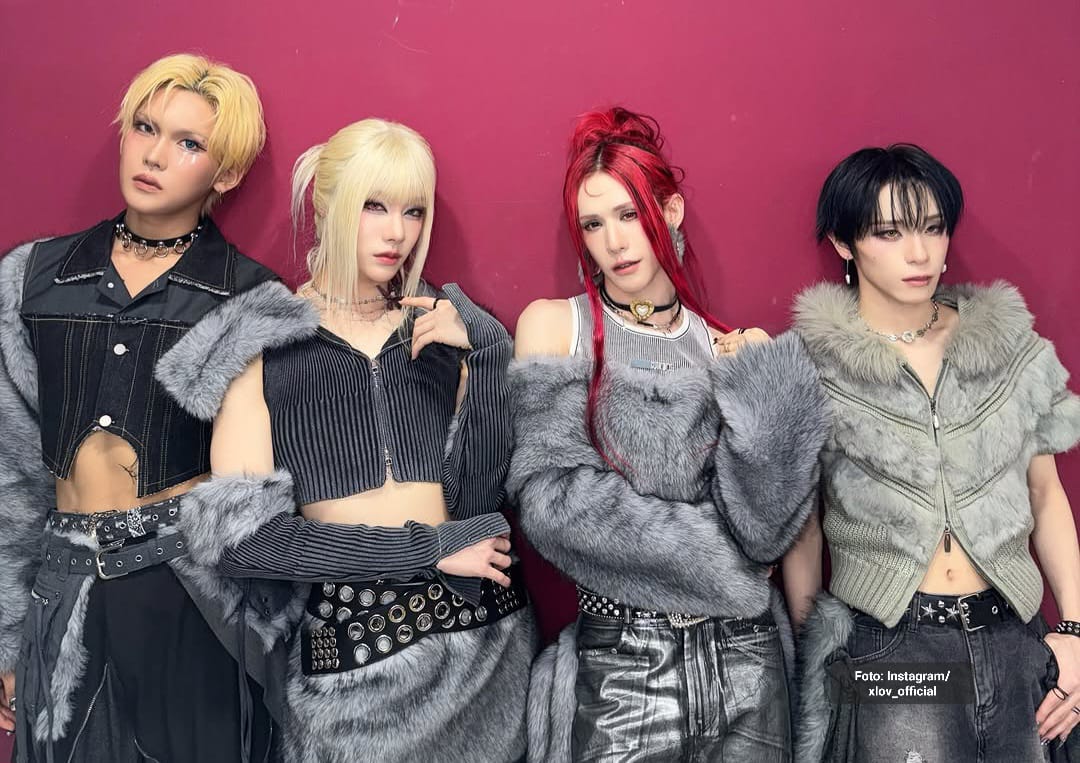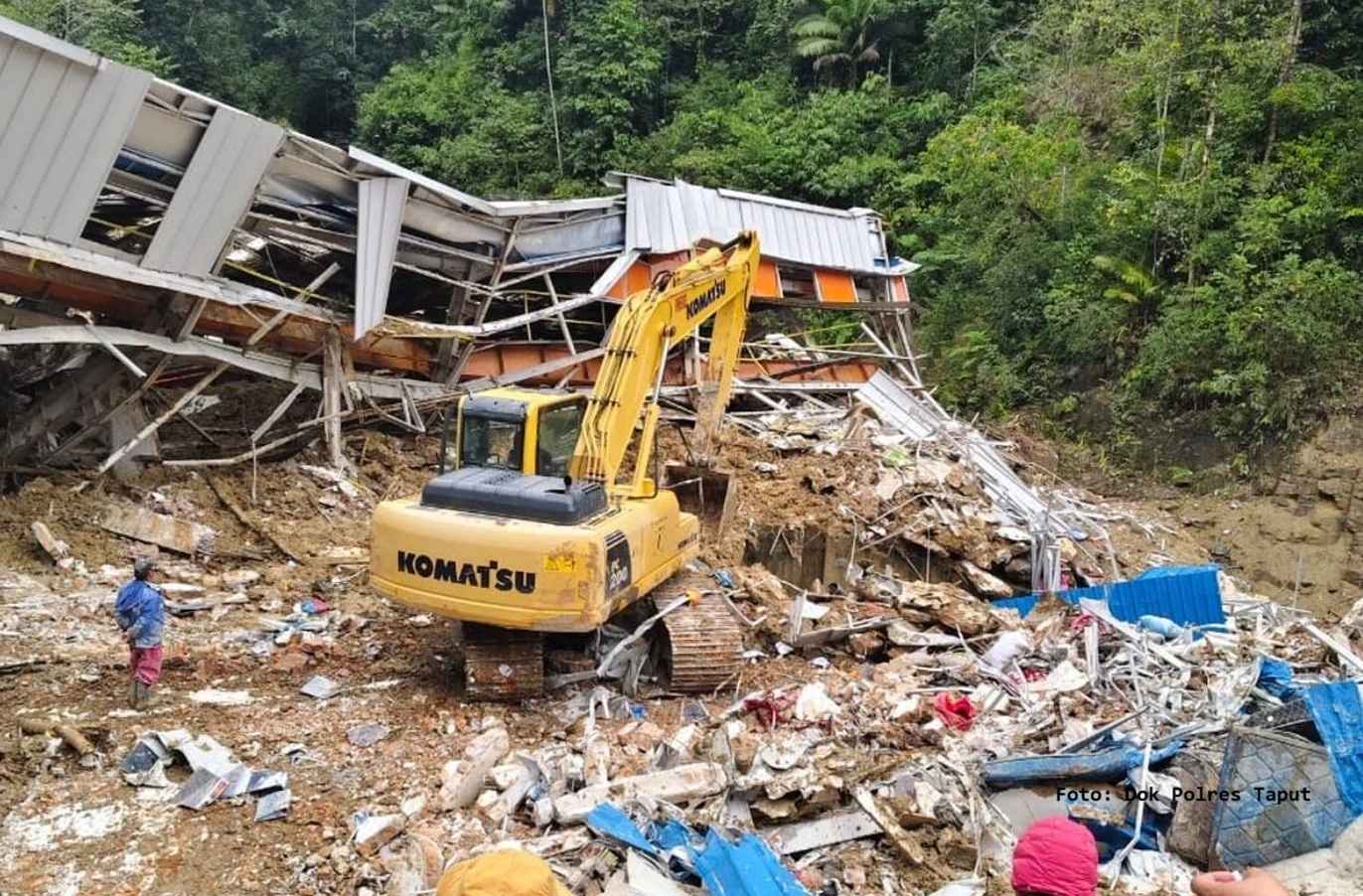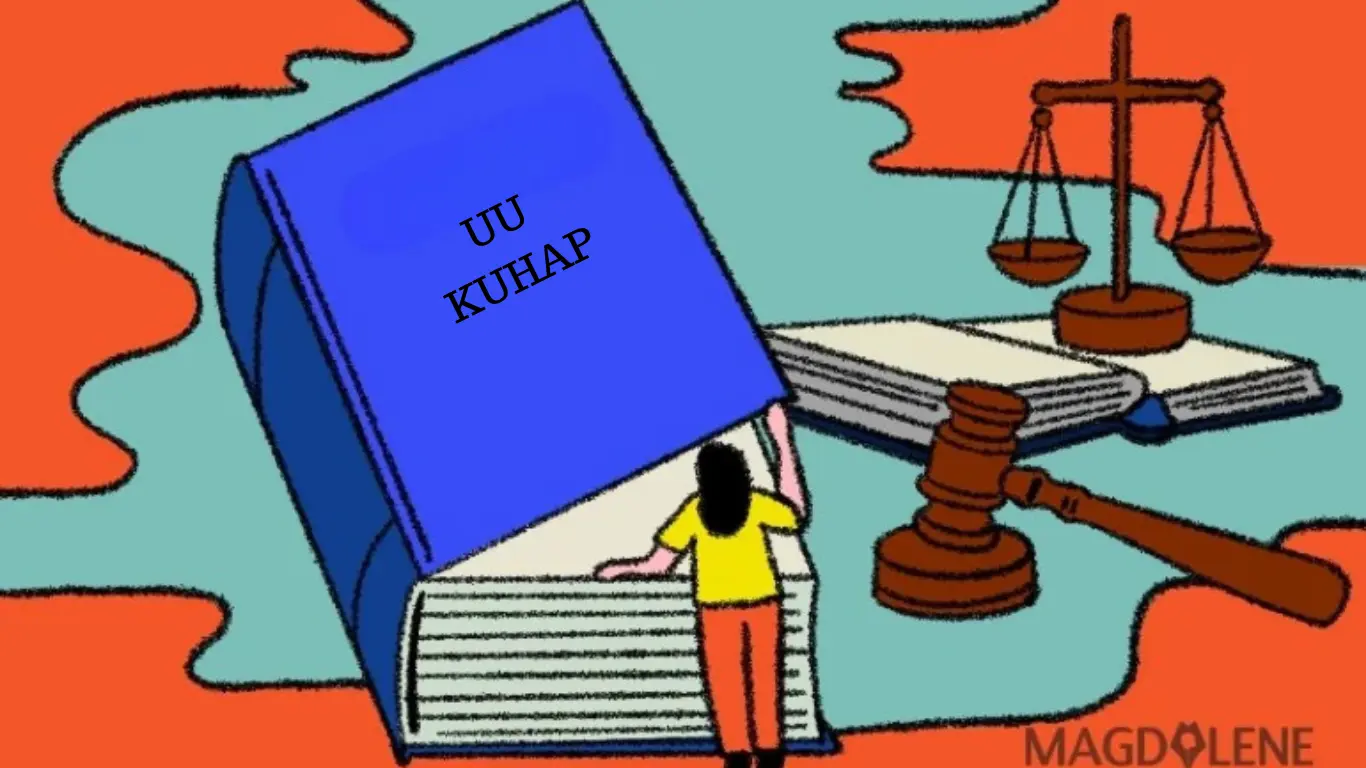Lentera Indonesia: Building A Safe Circle
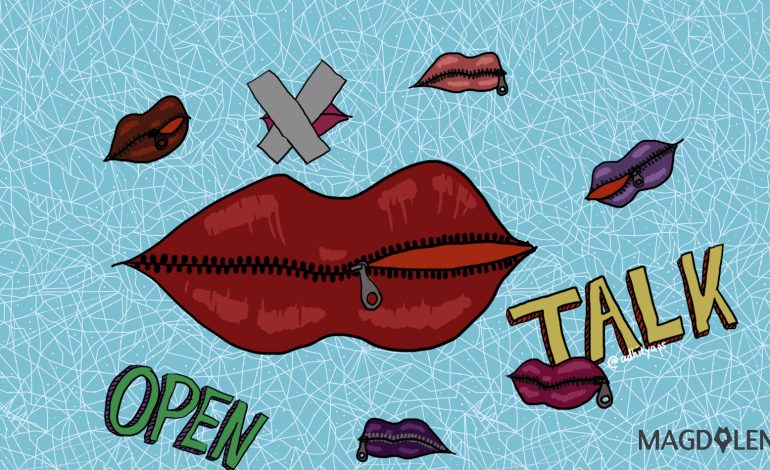
When we started Lentera Indonesia, it was something unplanned and unmethodical. It didn’t come out from years of research or planning, not even months or weeks. It started with a hashtag, a reaction to a joke, #RapeIsNotAJoke.
Since then, survivors began reaching out to us, because we were talking about the lifetime effect of rape, how the trauma affects a person, how this is something that needs to be taken seriously, by everyone. They reached out because they feel they can talk to us, because somebody, finally, is willing to listen and believe, instead of judging or blaming them, and even standing up against what happened. They reached out because we supported them and support is what we did.
We started what we learned later to be the first support group sessions for sexual violence survivors in Jakarta. Most of them never talked to anyone about their trauma, they have lived a life in silence, only to realize that the trauma still peeks and knocks on their lives every now and then. We slowly build our circle of survivors by giving them a safe space to talk.
#MulaiBicara and the Act of Talking
Fast forward five years. Sexual violence is still considered a topic that needs to be shared in closed doors, as though it is a secret that needs shielding, a shame that needs concealing. The amount of doubt and fear the survivors have can only be matched by the amount of victim blaming the media and society are doing, including the judgmental remarks of people in power.
This frustration and discontent we’re facing every day and every time a survivor shares their story, can only be relieved somewhat – as little as it may be – when we have our sessions. A quote from Matt Haig in his book Reasons to Stay Alive sums it all up: “The act of talking is in itself a therapy. Where talk exists, so does hope.”

At the core of it, talking about sexual violence and trauma, however damaging, depressing or disturbing it may be, is an act of bringing the issue into attention and discussion. Whenever sexual violence is hushed or silenced, the fact goes missing, we do not have the numbers, society will never know what has happened, and will not even realize there is a problem. Slowly we lose the strength of our voice. While talking about it may not make it less painful or less disturbing, it reminds us that we are not alone and that there is help and understanding. It can open doors of compassion, solution and a support system.
Even more than that, talking can be the simplest form of defense against violence. If we talk about it enough, we’re creating a safe space and a platform to listen. If we talk about it some more, we can help raise a society that respects people regardless of their gender and to understand that “no” really means no. If we talk about it even more, we can help build a safe environment for survivors to speak up, find ways to collaborate and build a system not focused on what kind or what type of punishment is best, but how compassionate and how well are we treating our survivors.
The topic of sexual violence; rape, sexual abuse, and the fact that it can happen to anyone; a friend, a family, or you, can cause uneasiness. It is a difficult conversation. And some of you might think that by avoiding it, we are avoiding chaos, conflicts and irregularities. But what we are doing is only silencing the chaos, silencing the conflicts, and silencing the survivors. Not addressing the issue does not make the issue go away. On the contrary, not addressing the issue is causing harm to our society.
#MulaiBicara or #TalkAboutIt is about breaking this silence. Every two hours three women in Indonesia experience sexual violence. This is not supposed to be a secret, not something to be ignored or silenced. This is our reality.
To add to that, this number is based on cases that were reported, research say more than 75 percent of these cases are not reported. A survey we conducted earlier this month showed more or less the same numbers. A majority of them stated shame and fear for the family’s reaction as the reason behind their decision.
For some, it happened years ago, so long ago that it seems irrelevant to talk about, that it seems too late to do anything. But it is never too late to heal, and more importantly, it is never too late to prevent others from experiencing it.
The Path to Improvement
With all the judgement of society, of what we say on cases such as that of Brock in Stanford, or Y in Bengkulu, can we really blame the survivors for not speaking up? Our silence is complicit. We are part of the problem. Borrowing from Sir Edmund Burke “The only thing necessary for the triumph of evil is for good men (and women) to do nothing.”
So what can we do, as a member of the society, as someone’s father, someone’s mother, someone’s daughter, someone’s teacher, someone’s friend?
What we see in the Lentera’s circle and from personal experience, it is the moment where we let go of the fear and humiliation or shame, through the act of talking about it, that we found hope. We found people coming forward to listen, to support and to act.
This can be the beginning of change. Because it is never about what you wear, who you went out with, or how did you get there. It is about listening, believing, supporting and most importantly not judging the survivors. We easily cast our sights on morality, promiscuity, alcohol, porn, and then forgetting the true cause of rape itself, those who perpetrate rape.
We all can do something. Start by listening, giving supportive messages, being the person who your friend can talk to without judgment. It can be as simple as calling out a hurtful remark, calling out people who catcalls you or catcalls a friend, not normalizing violence in our everyday lives, teaching our kids the dignity of their own body and others, teaching kids to be human and to respect other people’s personal opinion, and teaching them that their strength does not come from what they can take from others.
Together we can create an environment where survivors feel safe and that whatever happens to them is not their fault and should not make them feel less of a human being.
Support does matter, because every survivor is a human being, worthy of support and compassion. From this, through a survivor’s perspective, we might just be able to live in a society that doesn’t victimize those who experienced sexual violence; in which the laws take into account what our survivors are going through with a system that minimizes the cracks in which sexual violence cases can fall through; and with a support system that allows the survivors to lead an empowered life and be a fully active functioning part of the society, mentally, physically, and economically.
Each and every one of us has the choice and power to make things better. Together, we are able to create an environment that enables the survivors to have the solidarity and support they need. And all of these start with a willingness to speak up, to talk about it. We can make a difference. Let’s get started. Let’s #TalkAboutIt.
To support the #MulaiBicara campaign, please head to campaign.com/MulaiBicara. We are currently conducting an online survey about sexual violence in Indonesia, be a part of the voices of change and participate by filling out the survey in change.org/MulaiBicara.
Sophia Hage is a medical doctor by training and finds a sense of purpose in working on women issues. Co-founded Lentera Sintas Indonesia in 2011, she now divides her time for sports medicine practice and managing the #MulaiBicara campaign. Her love for dogs can only be rivaled by her love for books.

